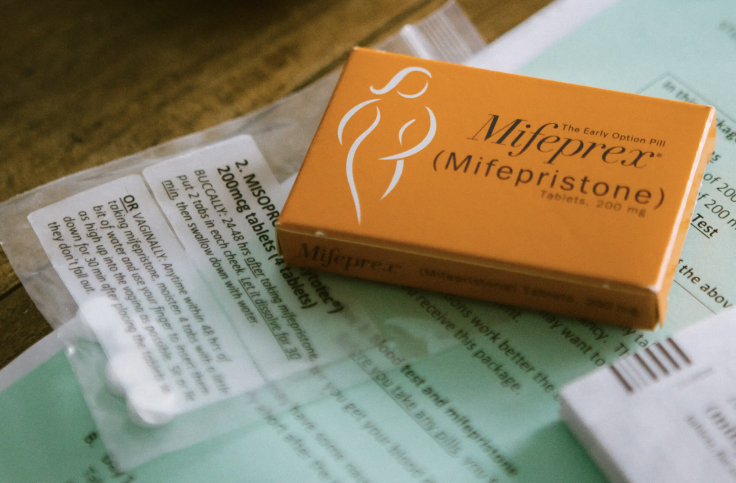'We're Done': California Gov. Newsom Says No More Business With Walgreens Over Abortion Pills
KEY POINTS
- Walgreens said it wouldn't dispense mifepristone to 20 conservative-led states
- The two-drug combination approved by FDA 2000 to end a pregnancy
- Walgreens said they are currently not dispensing the pills anywhere
California Gov. Gavin Newsom announced the state is cutting all business ties with Walgreens Boots Alliance Inc over the pharmacy chain's decision not to distribute abortion pills in certain red states.
Newsom, a Democrat, took to Twitter and denounced business with the nation's second-largest pharmacy chain. "California won't be doing business with Walgreens or any company "that cowers to the extremists and puts women's lives at risk," he posted on the social media platform.
"We're done," he added.
California won't be doing business with @walgreens -- or any company that cowers to the extremists and puts women's lives at risk.
— Gavin Newsom (@GavinNewsom) March 6, 2023
We're done.https://t.co/OB10cYfm8H
Newsom's office also said in a statement to The Hill that they would not do business with companies "that cave to right-wing bullies."
"California is reviewing all relationships between Walgreens and the state," a spokesperson for Newsom told the outlet. "We will not pursue business with companies that cave to right-wing bullies pushing their extremist agenda or companies that put politics above the health of women and girls."
Newsom's boycotting of Walgreens comes at the heels of the pharmacy chain announcing last week that they would not dispense mifepristone to 20 conservative-led states.
Mifepristone is part of the two-drug combination that was approved by the US Food and Drug Administration in 2000 to end a pregnancy. The use of the pill has steadily increased over the years since then.
The growing trend was further accelerated by the pandemic, resulting in an increased number of abortions taking place through pills. Today, "medication abortion accounted for more than half of all abortions in the United States," read a Guttmacher Institute report.
As part of the medicated abortion, a pregnant individual first takes Mifepristone, also known as the "abortion pill" to dilate the cervix. The pill then blocks a hormone that is necessary for the pregnancy to sustain, according to AP News.
A second drug named misoprostol is taken a day or two later. It causes contractions and leads to the emptying of the uterus.
In 2021, the FDA announced abortion pills could be sent to patients via mail in view of the pandemic. It meant a pregnant individual could undergo an abortion without even visiting a healthcare facility in person. The move boosted mail-order shipments of the pill from pharmacies to patients.
The FDA further eased restrictions in January this year, allowing companies like Walgreens to start dispensing the drug after certification. The certification included fulfilling shipping and tracking standards among other requirements.
However, GOP officials and anti-abortion activists began mounting pressure in light of the Supreme Court overturning the federal right to abortion, which led to some states passing laws to restrict abortions.
In February, the attorneys general in 20 conservative-led states sent letters to companies like Walgreens and CVS, warning them of strict legal consequences if they sell abortion pills by mail to residents.
The GOP state attorneys general reportedly argued that the delivery of abortion pills would violate federal law and abortion laws in those states.
The FDA's authority to regulate prescription drug access is also being challenged with abortion opponents arguing that the agency is overstepping its authority by approving the pills.
Walgreens said they are currently not dispensing the pills anywhere and is working to sell the pills where it can legally do so.

© Copyright IBTimes 2025. All rights reserved.






















